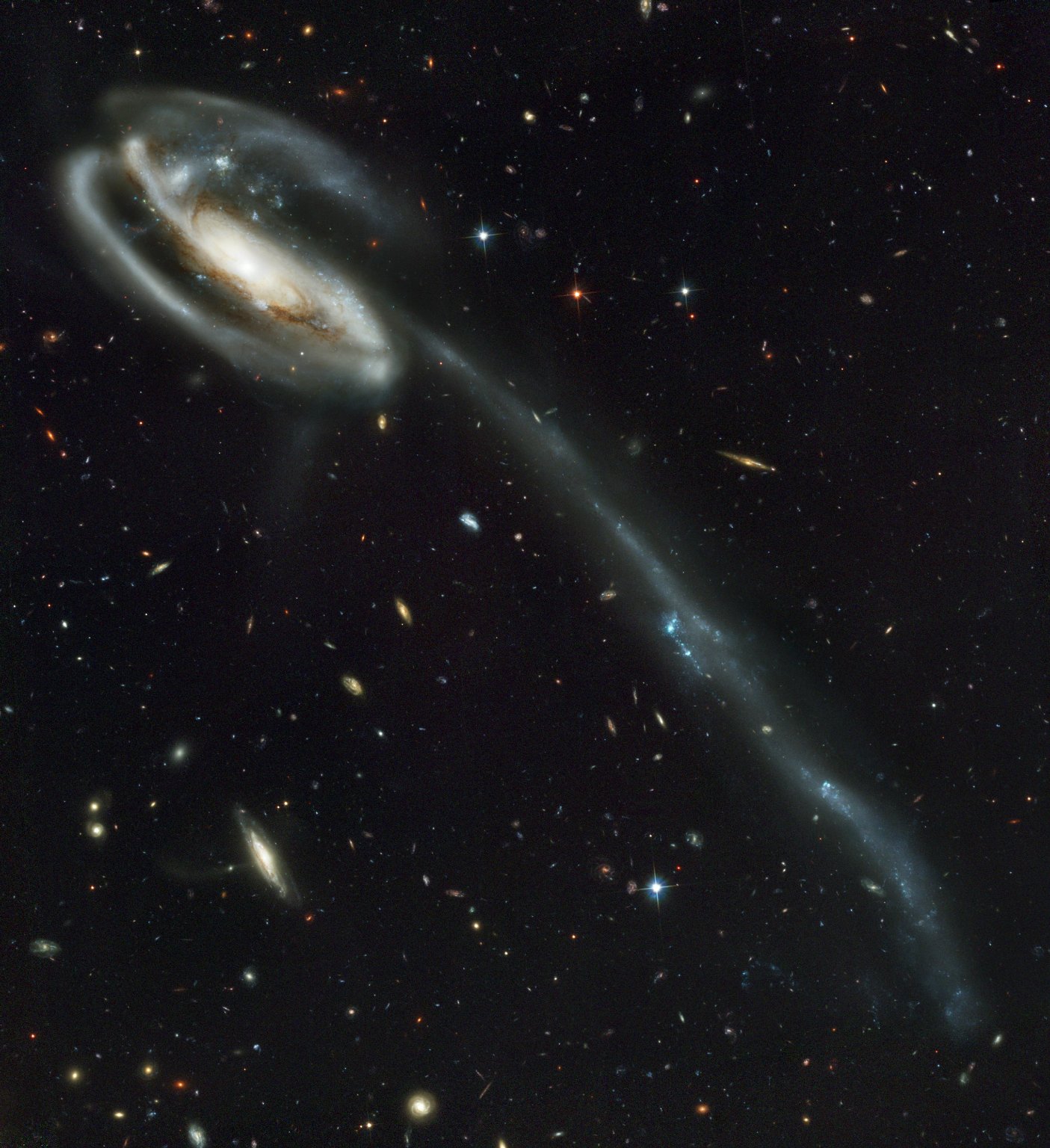April 30, 2012 Vol. 5, Issue 4
The early Soviet probes to the moon, Mars, and Venus were a product of dogged persistence, according to Dr. Wesley Huntress.
On March 26, 2012, Huntress, former NASA Associate Administrator for Space Science, spoke on the topic of Soviet robotic exploration to the moon, Mars, and Venus at the quarterly NASA History Office brown bag lecture. “Just like our own program, the Soviet lunar and planetary robotic exploration program grew out of the Cold War,” he said. “Unlike ours, it nearly died with it with the fall of the Soviet Union.” The Cold War was a “mysterious and sinister” impetus that was fueled by secrecy, Huntress explained. “We didn’t know what they were doing, and they had a habit of beating us in the early days.”
Huntress told the story behind Soviet programs such as Sputnik, Luna, Venera, and Mars. He shared insights about the military and political dynamics of the Soviet space program, its methods for dealing with failure (the Luna Program experienced 11 failures over two years), and its steadfast approach to innovation. “They just kept trying,” said Huntress.
He cited as an example the Venera 7 mission, which launched to Venus in 1970. The massive spacecraft was the first spacecraft to successfully make it to the surface of Venus – although not gracefully. On its way to the surface the lander’s parachute ripped causing it to fall to the ground.
Initially, the mission was considered to have returned nothing but static, until an engineer examined the signal more closely. “Sure enough, there was about twenty-three minutes worth of signal from the surface,” explained Huntress. “Apparently, the lander had bounced and tilted over so the antenna was not pointing to the earth.” Enough of a signal was detected to get temperature and Doppler data.
“They had great success at Venus beginning with their Veneras 9 and 10,” Huntress concluded.
The next NASA History Office brown bag will feature Henry Lambright, who is working on a history of Mars exploration for the History Program.
Download Dr. Wesley Huntresss presentation.
Watch video from the event.








